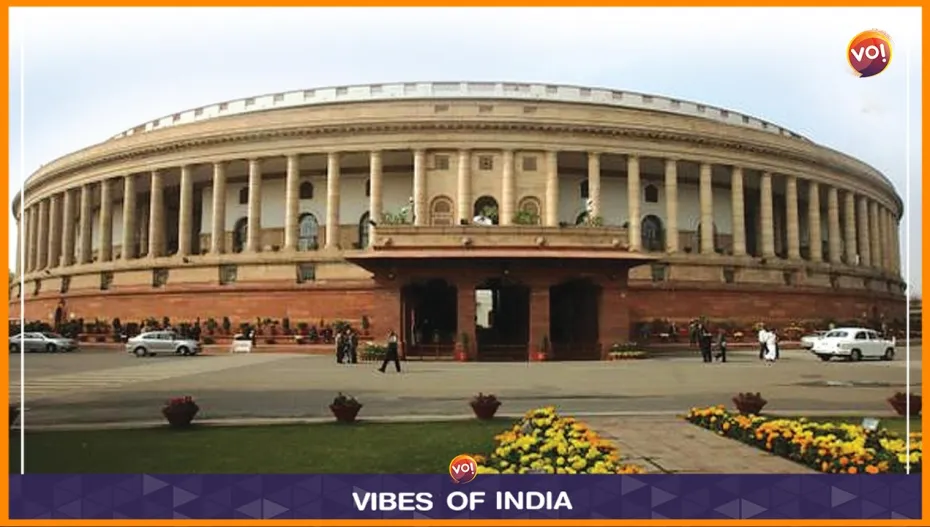Commerce and industry Union minister Piyush Goyal, on Thursday, introduced Jan Vishwas Bill in Lok Sabha, which seeks to decriminalise minor offences by amending 183 provisions in 42 Acts with a view to promote ease of business.
The Bill was later referred to a 31-member joint committee of Parliament for scrutiny. The committee will be required to submit its report to this House in the second part of the Budget session, 2023.
The Bill proposes to amend 183 provisions across 42 Acts administered by 19 ministries. It also suggests a three-year review for the law and hiking the minimum penalty
Also on the list is the controversial Section 66A of the IT Act under which, a person posting offensive messages could be imprisoned for up to three years and also fined.
Introducing the Bill, the minister said that there are many laws in the country, under which punishment provisions are there for minor offences and for that people have to approach courts. It added that India needs to shed the baggage of antiquated laws that adversely affect developmental trajectory.
“We have to trust people. For minor mistakes, people should not be penalised. For minor offences, there should be a provision for paying fines,” he opined. He added that the government has taken a series of measures to promote ease of doing business.
About 1,500 old laws have been repealed, 39,000 compliances have been simplified and about 3,500 norms were introduced to decriminalise offences, the minister informed. The proposed law, “will also help in reducing the burden on judiciary.”
Besides the decriminalisation of minor offences, the bill envisages the rationalisation of monetary penalties, depending on the gravity of the offence, bolstering trust-based governance.
Decriminalisation of large number of minor offences by replacing them with monetary penalties have been identified. The Acts which are being amended include The Drugs and Cosmetics Act, 1940; Public Debt Act, 1944; Pharmacy Act, 1948; Cinematograph Act, 1952; Copyright Act, 1957; Patents Act, 1970; Environment (Protection) Act, 1986; and Motor Vehicles Act, 1988.
The other laws include Trade Marks Act, 1999; Railways Act, 1989; Information Technology Act, 2000; Prevention of Money-laundering Act, 2002; Food Safety and Standards Act, 2006; Legal Metrology Act, 2009; and Factoring Regulation Act, 2011.
These 42 laws are administered by various Union ministries, including finance, food production and distribution, financial services, agriculture, commerce, environment, road transport and highways, posts, electronics and IT.
Also Read: Gandhinagar: CM Bhupendra Patel To Listen To Public Grievances In State ‘Swagat’ Programme








